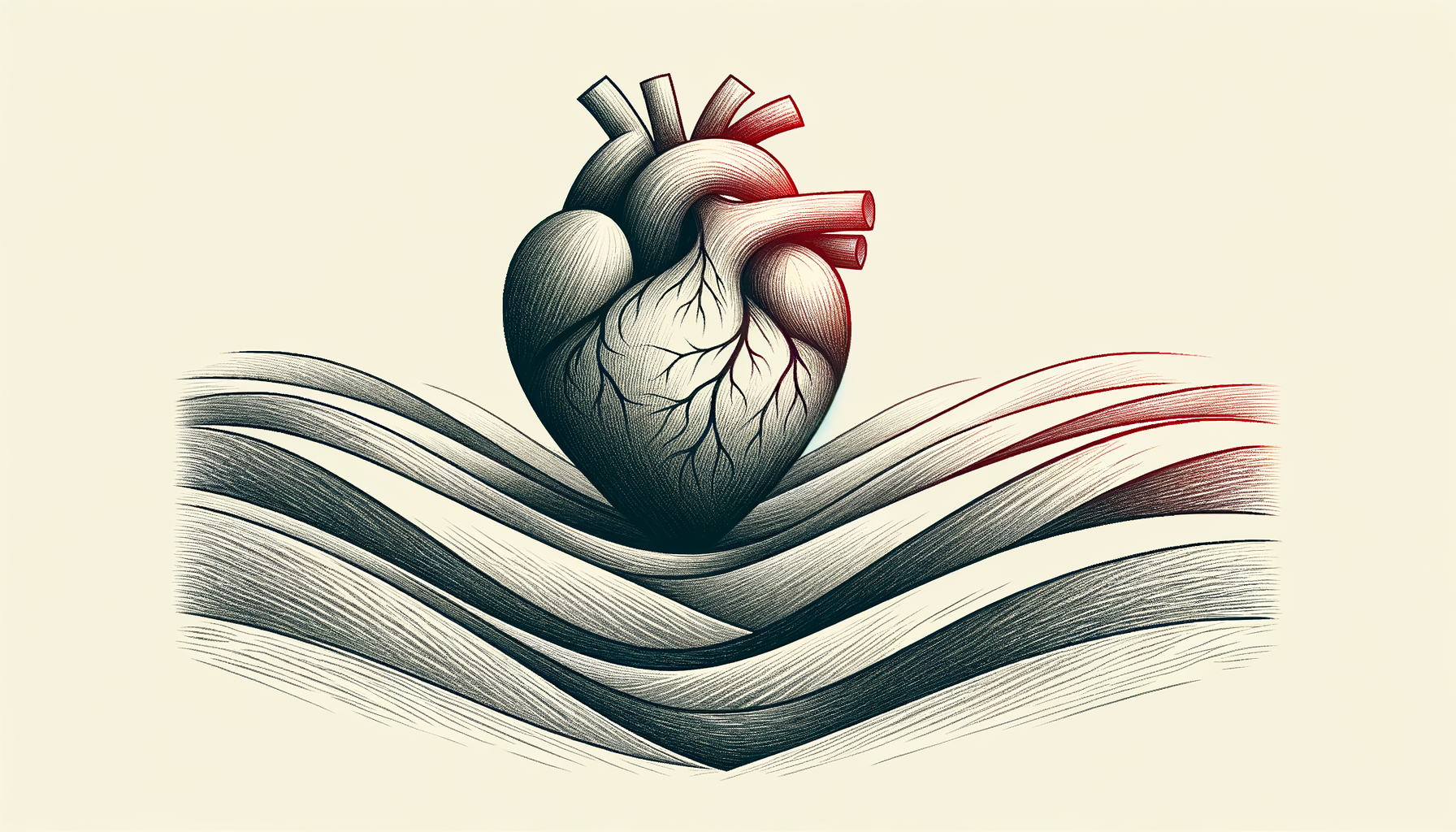"There’s a reason writers like to joke that their keyboards are taped together by tears. This story was that tape-wrecking moment for me. My Everest; my hardest piece."
When Your Heart Is on the Page
I’ll set the scene for you: it’s 11 PM on a Tuesday, and I’m staring at my laptop screen as if sheer force of will can conjure words. “Take breaks,” my friends tell me. “Just go for a walk; the words will come.” Ironic advice for someone who spent his childhood wrapped in the wild, where walks were the antidote to everything from test stress to existential angst. But here I was—doomed by the stubborn quiet of a blinking cursor.
The project in question wasn’t about dating, directly. It was about my dad. Specifically, writing a feature about his decades of environmental activism for Boulder's annual Green Trailblazers series. The task seemed straightforward until it wasn’t. How could I distill the man who taught me how to split kindling and compost banana peels into a few thousand words? More than that—how could I do so without romanticizing his flaws or, worse, filtering my complicated feelings into a hero narrative?
This was the first time I stared directly into the murky overlap between family bonds and the personhood we all shoulder outside of them. My dad, after all, was not just my dad. He was an activist lionized by people who saw only the sparkling victories of his career. He was a partner, a friend, someone who argued for days about the ethics of watering the garden in a drought. The easiest part was outlining his successes. The hardest? Wrestling down what it was like to watch someone who was invincible to strangers struggle in private.
This brings me to why that piece was also, unexpectedly, deeply tied to relationships. Because if there’s one thing I realized while writing it, it’s this: we don’t really know someone until our love for them has taxied through turbulence.
The (Beautiful) Trouble With Knowing Someone
Here’s the thing: connecting with someone isn’t about perfect pictures of candlelit dates. It’s about the gritty, joyful business of knowing someone’s raw edges—their contradictions, their emotional drafts full of typos. How many dates end at surface level, where we’re presenting only the versions of ourselves we think others will applaud? We rehearse answers to “What do you do?” or “Where do you see yourself in five years?” But no Tinder bio or carefully curated first-date banter can encompass the magnitude of living as an actual messy, growing human.
I knew this when I started writing about my dad. I thought I knew him entirely. Turns out, I knew enough to love him easily, but not enough to see him fully. His flaws confused me. I didn’t always trust certain decisions he made or the sharp words he reserved for frustrations. But grappling with those fractures shaped how I’ve approached my other relationships.
Love—whether romantic, familial, or otherwise—isn’t about deciding whether someone’s highlight reel is worth your affection. It’s also managing how you feel about their blooper reels. Knowing someone can mean witnessing their failures, even when it stings. And yes, it stung to recall how many soccer games he couldn’t make because he was halfway up a trail, testing water samples. Or moments when his exhaustion bled into apathy during dinnertime conversations.
The Real Work: Relationship Maintenance
So, what did writing that piece unlock for me? An understanding of love as constant recalibration. More importantly, learning to do the work. Sometimes that work is environmental restoration; sometimes, it’s mending human connections.
Working on that article forced me to ask questions. What loyalty looks like. Where honesty becomes gentleness. I think about an overcast Sunday last year, meeting my mom for coffee after a tough conversation about my dad’s health but also his legacy. She looked at me, sighed, and said, “You’re more like him than you realize, you know.” Tea went cold as I sat stunned.
In relationships, whether familial or romantic, effort matters more than perfect answers. Whether that effort is mustard-deepening a connection over hard conversations or asking your date not just about their job but what boring thing they secretly love about Tuesdays—investing in depth matters.
Building Love With Sturdy Hands
So how do you make relationships stronger when cracks show? Here's what the dad piece taught me:
-
Accept Complexity: Much like Colorado trails, relationships aren’t linear. Know that navigating the switchback moments—even when the air feels thin—deepens your understanding of others.
-
Prioritize Curiosity Over Assumption: Everyone wants feeling “seen.” Start asking better questions. What dream keeps them up? What failure made them better?
-
Remember, Growth = Work: There might come moments of confrontation—not shouting matches, but tenderly revealing the blisters underneath old bandages. Approach these with grace.
-
Let Go of the Idealized Version: Nobody lives filtered. Love people for who they are—not who you think they should be.
The Gift of Writing Through It
When I finally filed that piece on my dad, my editor emailed back and said, “This one felt personal. Nicely done.” Understatement of the century. Finishing it gave me something invaluable: perspective. Once the words lived outside of me, I could cherish the relationships that inspired them with sharper gratitude—for both the glowing sunrise peaks and the heavy thundercloud days.
Peering closely at love, flaws and all? Yeah, that’s hard. But that piece forced me to stop turning away from the “flawed” humans I care about the most. After all, how can you truly appreciate a mountainscape if you ignore its rocky outcrops?




















